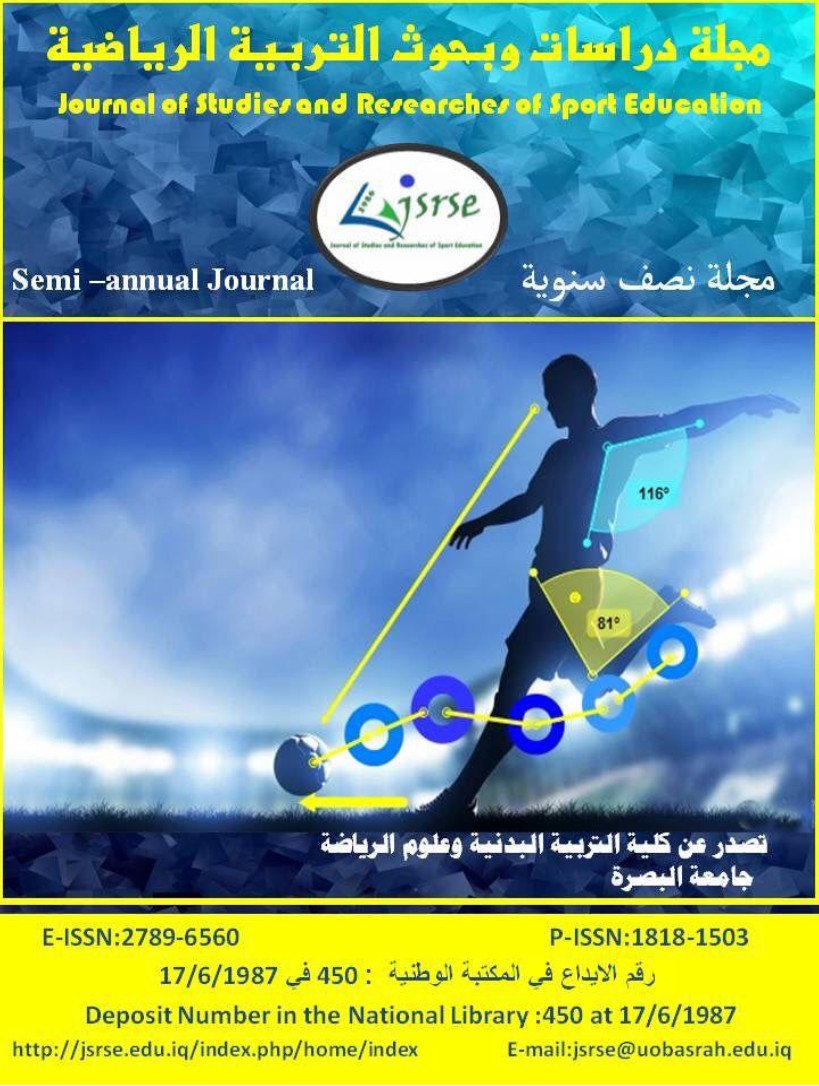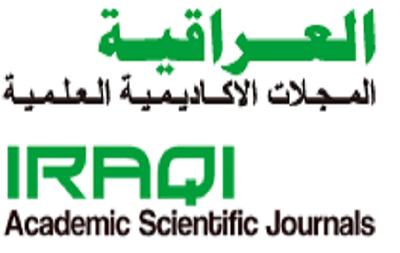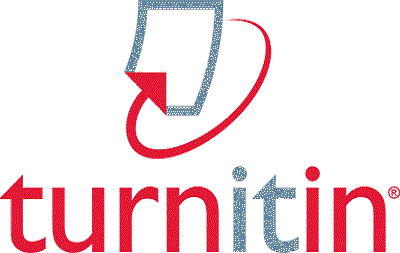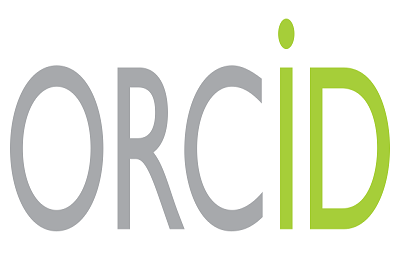The Impact of Using the Electronic Achievement File on the Obtain Knowledge and Referring Performance of International Volleyball Law Among Students
Main Article Content
Abstract
The technological development that the world is witnessing will not come from anywhere, but it came as a result of the interest adopted by these countries in education by focusing on providing learners with the knowledge and skills necessary for various fields of life to keep pace with the new and modern that they face, as the number of learners alike has become an issue It is important from the technological side because it is justified in the era in which we live, which is the era of technology and technical progress, and this is what we notice from the developments of technology in the educational process systems and teacher preparation programs in particular, and the research aims to reveal the impact of the electronic achievement file on obtain knowledge and the arbitrary performance of the law International student volleyball. The research community consisted of students of the fourth academic year at the Sports Institute (Erbil) for the academic year 2021-2022. The research sample consisted of (A) and (C) divisions, with (15) students for each group. Equivalence was made in the variables of intelligence and achievement for volleyball for the stage Third, the researcher used research tools (a test of obtain knowledge of international law in volleyball) and a form for evaluating arbitration performance). Students were also assigned to create a special electronic achievement file for each student. After the implementation of the experiment, it was processed statistically using the (SPSS) program, and conclusions were reached, the most important of which are: The strategy of the electronic achievement file had a great impact on the knowledge achievement of international volleyball law, which was applied to the experimental group and its superiority over the control group that was studied according to the traditional method. Also, on the arbitration performance of international law in volleyball, which was applied to the experimental group which overcome on control group.
Article Details

This work is licensed under a Creative Commons Attribution-NonCommercial 4.0 International License.
References
Al-Hila, M. M., & Marai, T. (2017). Individualization of Education (3rd ed, p. 31). Dar Al-Fikr for Printing and Publishing.
Al-Khayat, D. Q. (2020). A comparative study of the effect of using an (E-portfolio) file enhanced with enrichment activities and the method followed in acquiring the concepts of teaching physical education for students of the College of Physical Education and Sports Sciences, University of Mosul. Al-Rafidain Journal For Sport Sciences, 23(71).
Al-Khayat, F. (2011). Teaching according to the K.W.L.H strategy for tactical situations and its impact on achieving cognitive achievement, the applied aspect, and awareness of cognitive processes in volleyball (p. 84). unpublished doctoral thesis.
Al-Muhammadi, A. M. G. (2022). The effectiveness of the electronic achievement file (E-Portfolio) in students’ acquisition of scientific concepts in biology for the second secondary grade in Medina. Saudi Digital Library, 2(44).
Al-Naimi, S. A. K. (2016). Distribution of attention and its relationship to the accuracy of decision-making for volleyball referees. Al-Qadisiyah Journal of Sports Education Sciences, 7(3), 5–6.
Al-Sharif, I., & Al-Desouky, W. (2010). The impact of the growing structure of the electronic achievement file on self-regulated learning strategies and aspects of learning of students of the Faculty of Specific Education. Educational and Social Studies, 2(16), 81–138.
Youssef, M. (2016). Educational Design (p. 224). Dar Al-Hamed for Publishing and Distribution.
Khalil, M. (2002). The effect of using the student’s work file as an evaluation tool on achieving the objectives of teaching science to second-year preparatory school students. The Fourteenth Scientific Conference (Educational Curricula in Light of the Concept of Performance), Cairo, Ain Shams University: Dar Al-Diafa, 644.
Mazen, H. (2009). cientific education to employ information technology skills in designing, preparing and using electronic achievement files. The Thirteenth Scientific Conference, the Scientific Education Association: Curriculum, Teacher and Book, an Invitation to Review, the Egyptian Association for Practical Education, 409–438.
Qatit, G. (2009). Computerization of Classroom Evaluation (p. 378). Dar Al Thaqafa.
Shaker, S. (2011). The effect of using a proposed model for electronic achievement files on academic achievement among a sample of students in the Learning Resources Diploma at Al-Baha University. Journal of Qualitative Education Research (Mansoura University), 2(23), 1352–1366.





 IASJ
IASJ CC-BY-4.0
CC-BY-4.0 turnitin
turnitin ISSN
ISSN DOAJ
DOAJ Crossref
Crossref GoogleScholar
GoogleScholar Orcid
Orcid